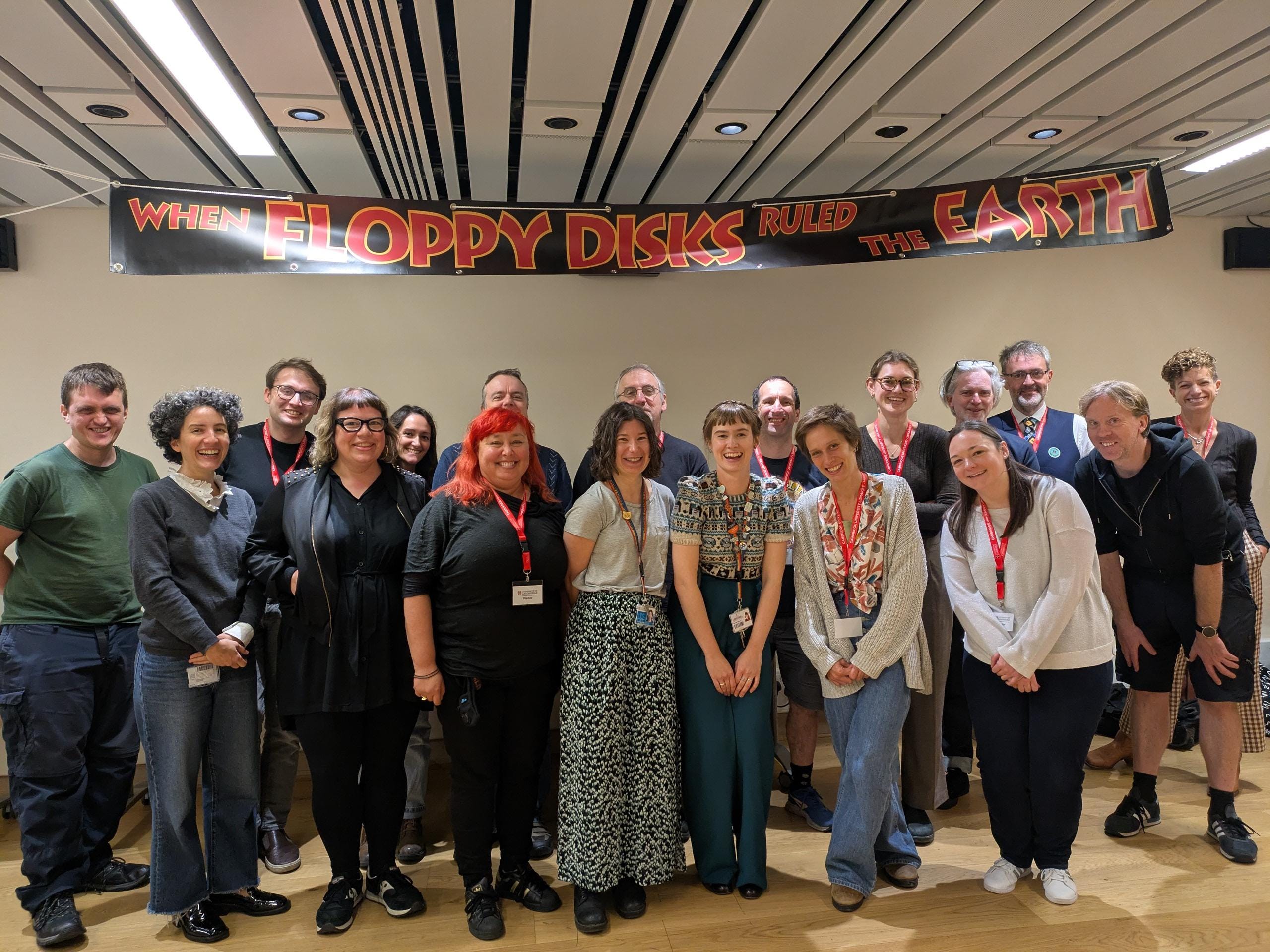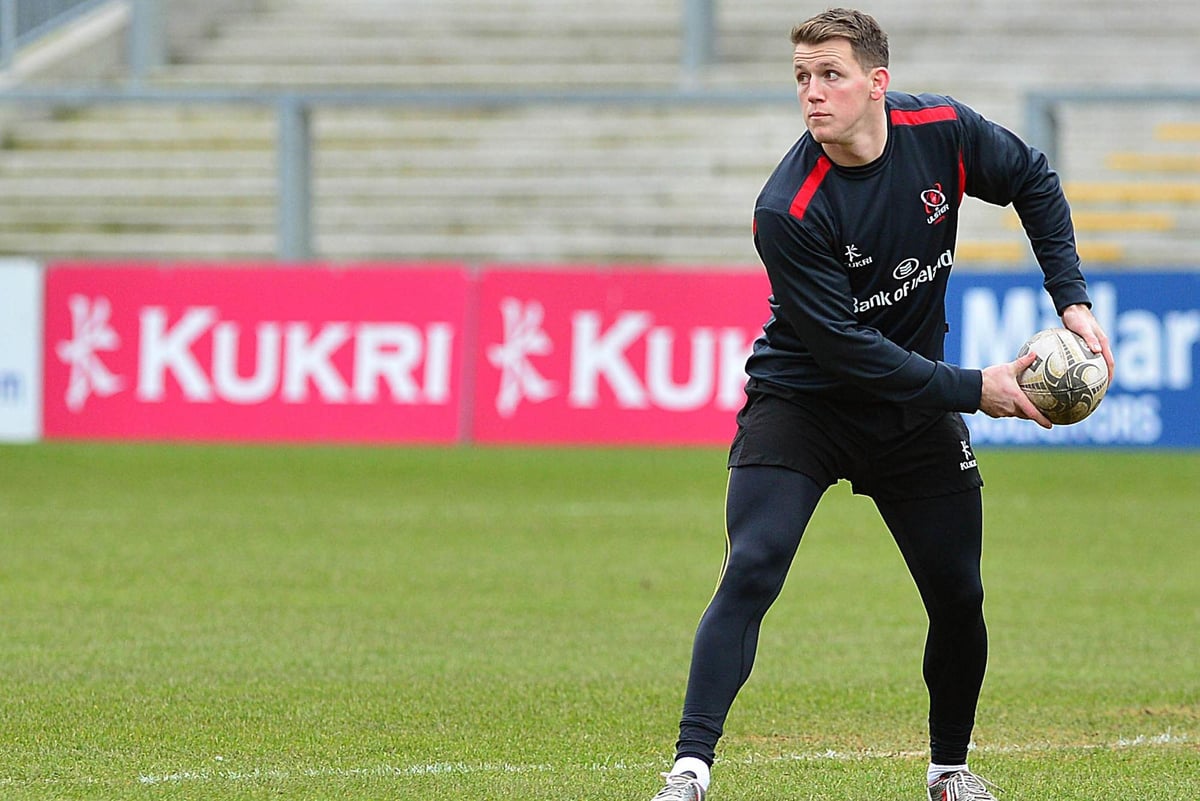Copyright cam

Lessons learned This was the first time that the Library had run such an event. Organising it raised a number of questions new to the Library including bringing in old equipment and seeing people’s personal files when copying the floppies. Luckily, Facilities Management, the Research Team and the Communications Team were of great help and ensured the event ran smoothly! We gathered a bunch of feedback following the event to understand where we could improve. Overall the response was overwhelmingly positive, the event sold out quickly, attracted wide public interest and was featured in a BBC Future article. Below are the main lessons and takeaways from this event: A cheat sheet for attendees when building floppy disk workstations — Participants noted that while the pre-event link to the floppy disk guide was helpful, it was a bit long to read on the day. A concise, step-by-step cheat sheet would have helped attendees dive straight into the practical work without needing to pause for reference. This cheat sheet would include a very quick workflow on needed equipment, common troubleshooting and some basic commands for the floppy controller. This will make the workstation building process smoother and less intimidating, especially for those new to floppy imaging. More hardware for experimentation — Each table had one floppy controller, this caused a slight bottleneck and meant that some participants did not get as much hands-on experimentation with the floppy disk drives and equipment as they would have liked. With more equipment, especially some extra controllers, participants could have tried more setups. It would have also made it possible for participants to deep dive into certain types of floppies they were interested in, such as the Amstrad and the Apple disks. Clearer guidelines for the Café in the afternoon — Some attendees were surprised they’d be helping members of the public during the Copy That Floppy Café. Although this turned out to be a fun and rewarding experience, clearer communication and setup guidance would have made it better. Introducing some basic guidance on the participant’s role, how to make visitors feel comfortable and how to explain the imaging process could help with this step. We would also make sure each table/workstation has a designated chair for visitors, better signage, and larger screen so guests could see what was happening on their disks. Going beyond the disk imaging and retrieving files — While the Future Nostalgia project has focused on floppy disk imaging, many participants were eager to go further; exploring how to open and interpret files, particularly obscure or obsolete formats. This remains an exciting area for future research and collaboration. For most floppies brought to this event, it was possible to extract the files quite easily. Most floppies date from the mid-1990s and were from early Windows machines. But there were certainly more complicated floppy formats there as well, and it would have been nice to show these in emulators or extract the files using other tools. To conclude, this was a brilliant day! Thank you so much for everyone’s engagement and enthusiasm! We are hoping to run this again in the future!



